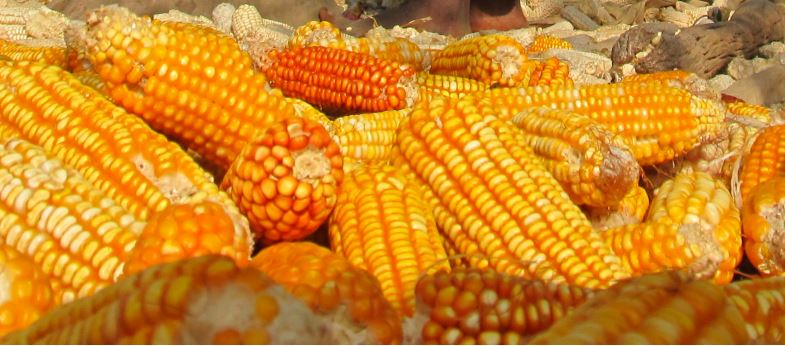Cereals are an important crop, and pests, moulds, and disease can affect farmers’ harvests and the quantity and quality of food available. Agricultural losses from plant pests can be more than 37%. Aflatoxin can reduce the quality of harvested cereals. Pests like fall armyworm can damage crops. ECOWAS is working on a strategy to address food security storage, and as part of this effort, the Réseau des Organisations Paysannes et des Producteurs Agricoles en Afrique de l’Ouest (ROPPA) organized a meeting in early November 2020 to reflect on these issues. Other regional integration organizations, including CILSS and UEMOA, joined the discussion as well.
ROPPA released this statement afterwards.
It reads, in part: “We notice, despite the efforts made by States, IGOs and other actors intervening in the region, that:
- Fall armyworms continue causing damage on our farmers. It causes six billion financial losses in West Africa and the Sahel and threatens nearly 200 million food insecure people;
- We are still struggling to access at the grassroots level technologies developed by our research centres to control aflatoxin;
- We are still encountering huge difficulties in selling our cereal products in the region because of the absence of a harmonized standard for agricultural and food products within ECOWAS space, our poor access to the quality control centers and persistent difficulties in the movement of people and goods;
- Our access to the institutional markets is still below our capacities of mobilization. For instance, only 12% of the regional reserve was made up with the products delivered directly by the FOs.
To this end, we West African Farmer Organizations commit to :
- Capitalizing and disseminating good endogenous practices in the fight against armyworm and aflatoxins within the region ;
- Building the capacities of the FOs to improve the quality of production and fullfil their contractual commitments ;
- Strengthening information watch and alert of our members on opportunities to access the existing institutional markets ;
- Strengthening the watch and alert of decision-makers on experiences of farmers during the agricultural
campaign.
We invite research at national and regional level to :
- Extend and disseminate technologies developed for the prevention and fight against armyworms and aflatoxin ;
- Develop large-scale operational alert systems for farmers on appearance of pests ;
- Support farmers in developing research around endogenous solutions to fight against pests.
We encourage States, CILSS, UEMOA, the ECOWAS to :
- Make available to the grassroots farmers technologies developed for the prevention and fight against armyworms and aflatoxins ;
- Support and assist FOs in building the capacities of their members to improve the quality of production ;
- Set up and operationalize a West African standard for agricultural and agri-food products ;
- Strengthen the operationalization of the free movement of goods and people within the region ;
- Ensure the access to the information for FOs on institutional markets and make access procedures more flexible ;
- Set up a regulation around the third party ownership ;
- Create an environment conducive to the financing of FOs and FFs in the region.


Comments are closed, but trackbacks and pingbacks are open.